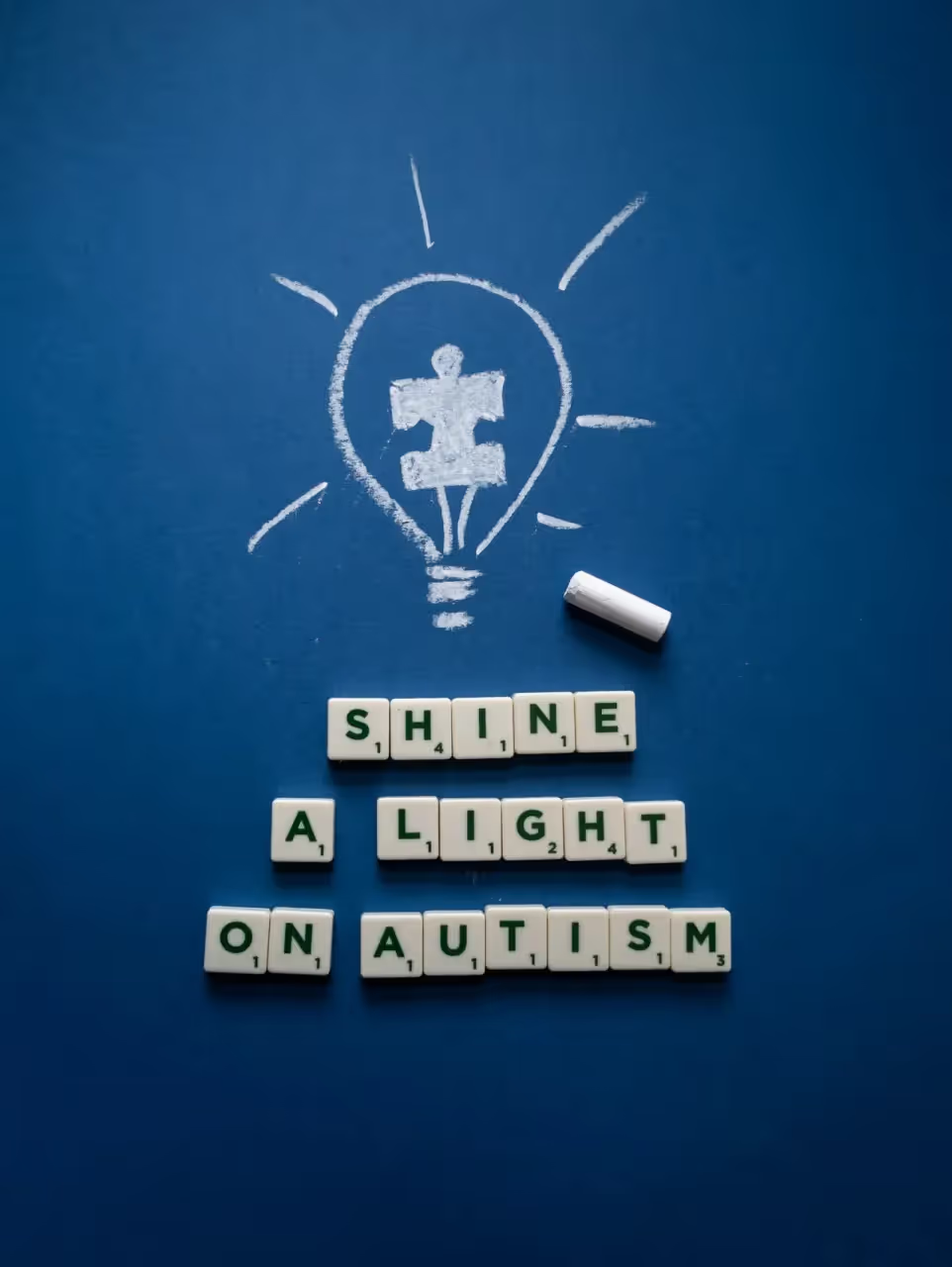Autism is a complex and often misunderstood disorder. It can affect people in different ways: some individuals may be non-verbal, whereas others may have an...

Autism is a complex and often misunderstood disorder. It can affect people in different ways: some individuals may be non-verbal, whereas others may have an intellectual disability. It can also impact how someone learns, reacts to emotions, and interacts with other people. This blog will teach you about some ways in which autism impacts the daily life of individuals living with this disorder.
Autism is a complex disorder that can cause significant developmental challenges. Autism spectrum disorder (ASD) is the term used to describe the wide range of symptoms that occur because of this condition. It's important to note that autism differs from person to person, so there are no set traits or features associated with ASD. But, some common characteristics include difficulty communicating and interacting socially, repetitive behaviors, and unusual interests or sensitivities.
There are three main types of autism:
● Autistic Disorder
● Aspergers Syndrome
● Pervasive Developmental Disorder-Not Otherwise Specified (PDD-NOS)
One of the most surprising facts about autism is that it can affect people in different ways. Individuals with autism have varying degrees of disability, which means that everyone experiences this condition differently. One person could be non-verbal, whereas another person could have an intellectual disability. Autism also impacts how someone learns, reacts to emotions, and interacts with other people. Another surprising fact is that there are 10 times as many boys with autism as girls.
This means that 1 in 42 boys has autism, while 1 in 189 girls has autism. This may be because testosterone causes the brain to grow more slowly during development, making it easier for autistic children to learn language skills later on in life.
Language and social skills play a huge role in someone's daily life. An individual's ability to communicate in an effective way can make it easier for them to form relationships and interact with others. The average person has a language capacity of between 10,000 and 20,000 words. Someone who is autistic may use less than 1,000 words or may not speak at all. Some people are severely impacted by autism while some are only mildly so. Autistic individuals have difficulty understanding verbal communication or non-verbal cues from other people. They also have trouble feeling empathy towards others which can lead to difficulties communicating at school, work, and home.

Another way in which autism impacts daily life is Sensory Processing Disorder. Sensory Processing Disorder is a condition that people with autism may have. It's a neurological disorder that affects how someone responds to sensory information, such as noise, touch, and sight. People with SPD may be bothered by a sound that doesn't bother other people or they might not feel comfortable with someone standing too close to them. Many individuals with autism have SPD. In fact, some estimates say that it affects about two-thirds of those with autism.
Those affected by SPD may experience more difficulties navigating through their daily life.
People with autism often have a hard time understanding the importance of certain things--like facial expressions, sarcasm, or metaphors. This is because they may have trouble differentiating between what's important to pay attention to and what's not. In addition, people with autism often have a difficult time interpreting social cues. They may also have difficulty picking up on other people's emotions and feelings--even if those feelings are very strong. Many people with autism struggle with self-regulation as well.
This means they can be easily overwhelmed by their senses, which can cause them to react in ways you might not expect. In these cases, even something as simple as a hug from a loved one could feel overwhelming, unwelcome, or unpleasant.
Understanding how autism affects daily life is crucial for creating a more inclusive and supportive society. An autism diagnosis can influence various aspects of an autistic person's life, from social interactions to sensory experiences. Autistic adults may experience difficulties understanding body language, interpreting abstract concepts, and even managing physical pain. As such, it's important to raise awareness about these challenges to better accommodate the needs of autistic individuals in our communities.
Here are several reasons why understanding the daily life impacts of autism is so important.
By raising awareness about these aspects of daily life for autistic people, we can foster empathy, improve support systems, and ultimately enhance the quality of life for those on the autism spectrum.
Autism is a lifelong developmental disability that affects a person's social interaction and causes difficulties in verbal and nonverbal communication. It's not a specific disorder, but a spectrum that varies from person to person. Some people with autism will never be able to live independently and may require the support of family members their whole lives. While others with high functioning autism can lead an independent lifestyle. While many people with autism may have more difficulty navigating daily life, they can still lead a fulfilling and happy life with the support of their friends and family.
As more people educate themselves about autism, local communities can better support autistic individuals in their lives.
No, we provide counseling (talk therapy) and medication management for individuals with Autism or those who may have Autism. However, if you require a formal evaluation involving comprehensive testing, we recommend consulting a Psychologist.